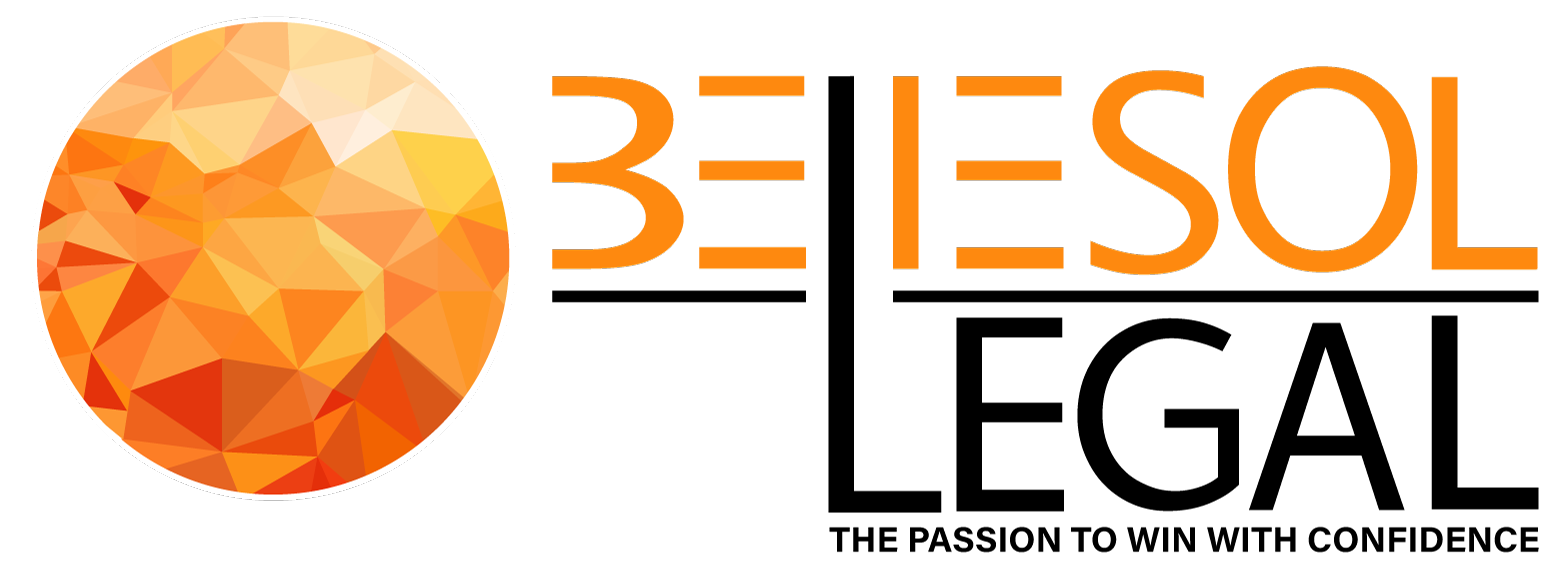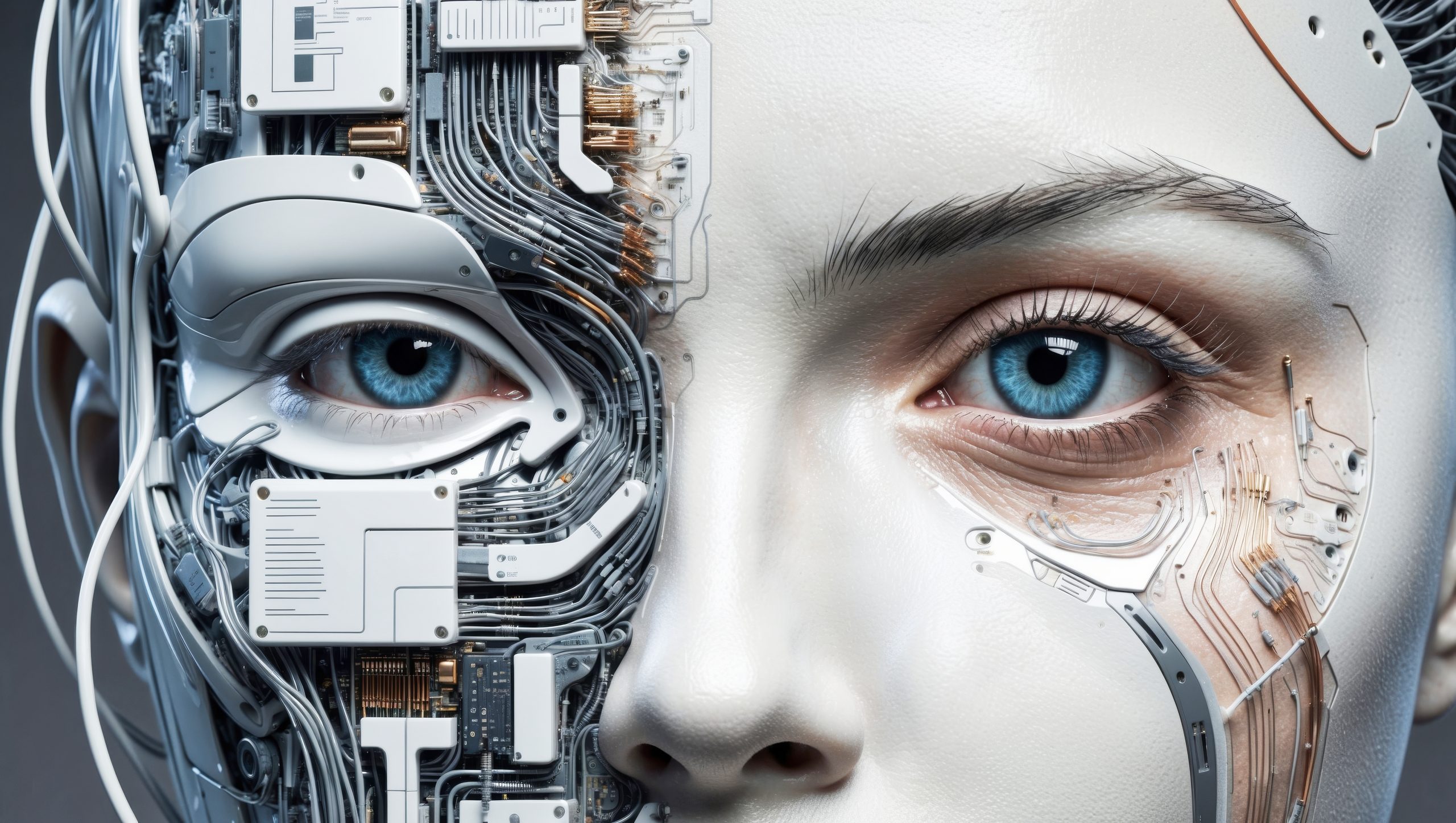1. AI and Patent law
With generative AI on the rise, several new questions have been raised with respect to AI and patent law.
For example, regarding inventorship, the Federal Circuit recently concluded that an AI cannot be an inventor, and all inventors must be natural persons. Thaler v. Vidal, 43 F.4th 1207 (Fed. Cir. 2022). AI-assisted inventions are patentable where a natural person provided a significant contribution to the invention. 89 Fed. Reg. 10043.
With respect to AI-related claims, at least one court has ruled that broadly recited machine learning claims are invalid under 35 U.S.C. § 101. See Recentive Analytics, Inc. v. Fox Corp., 2023 U.S. Dist. LEXIS 166196 (D. Del. Sept. 19, 2023).
2. Artificial Intelligence in Georgia
There are currently no laws in Georgia that applies to artificial intelligence. However, the state’s Governor is set to address artificial intelligence regulations by May 1, 2025. AI regulation may carry over to 2026. AI regulation is a new world and is normally driven by the federal government and federal regulation. Artificial intelligence impacts data privacy and consumer protection issues in the law.
3. Generative AI in Contract Law:
When you use AI to draft court documents or contracts. It is a best practice to include a generative AI clause similar to the following:
Generative artificial intelligence (AI) tools have been used in the [preparation / drafting] of this [type of filing (e.g., complaint, answer, motion, brief, or other paper filed with the court)]. Specifically, [tool name (e.g., ChatGPT, Bard)] was used to [conduct legal research / draft the document]. The undersigned hereby certifies that each and every legal assertion and/or citation to the law or the record has been independently verified as accurate.

